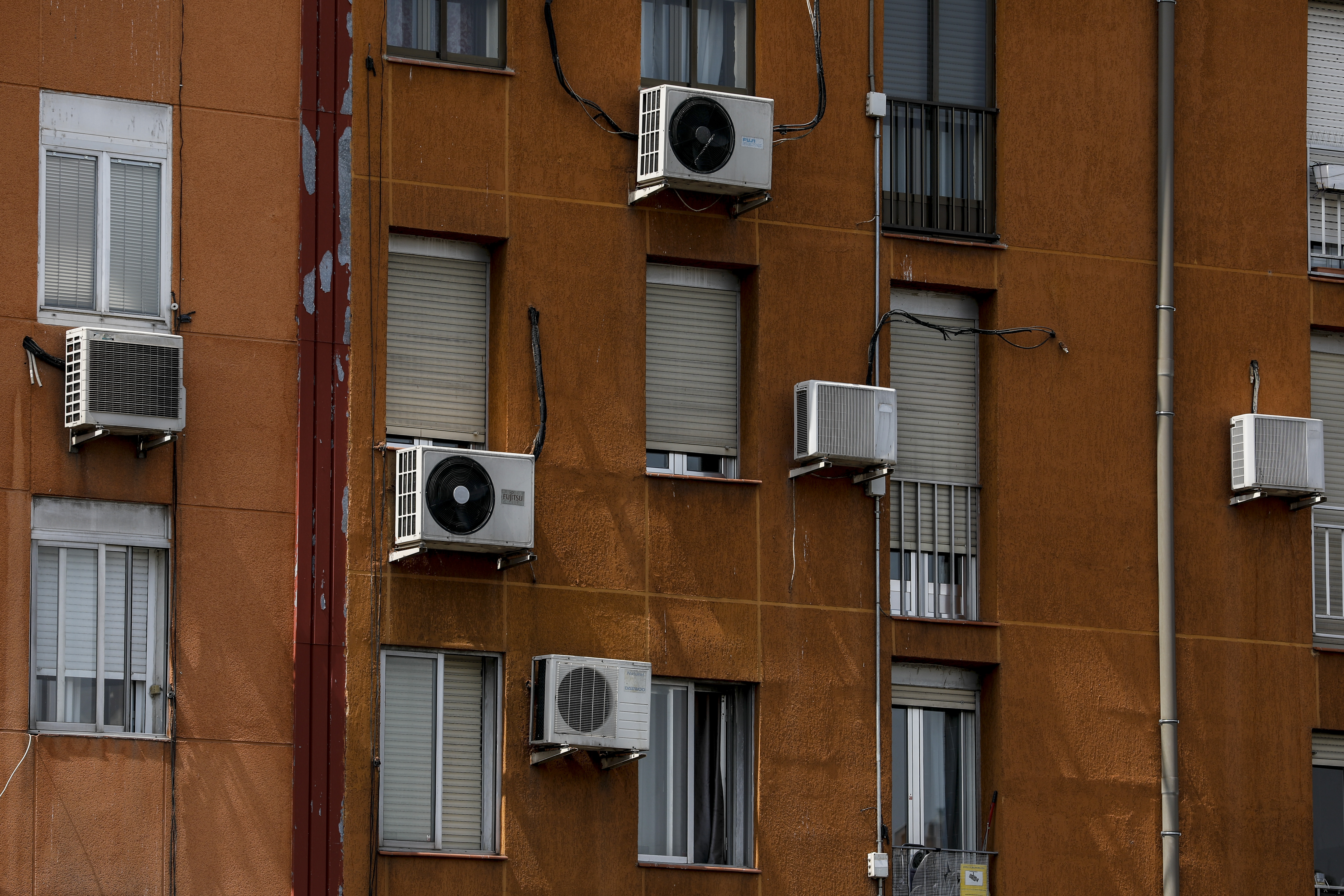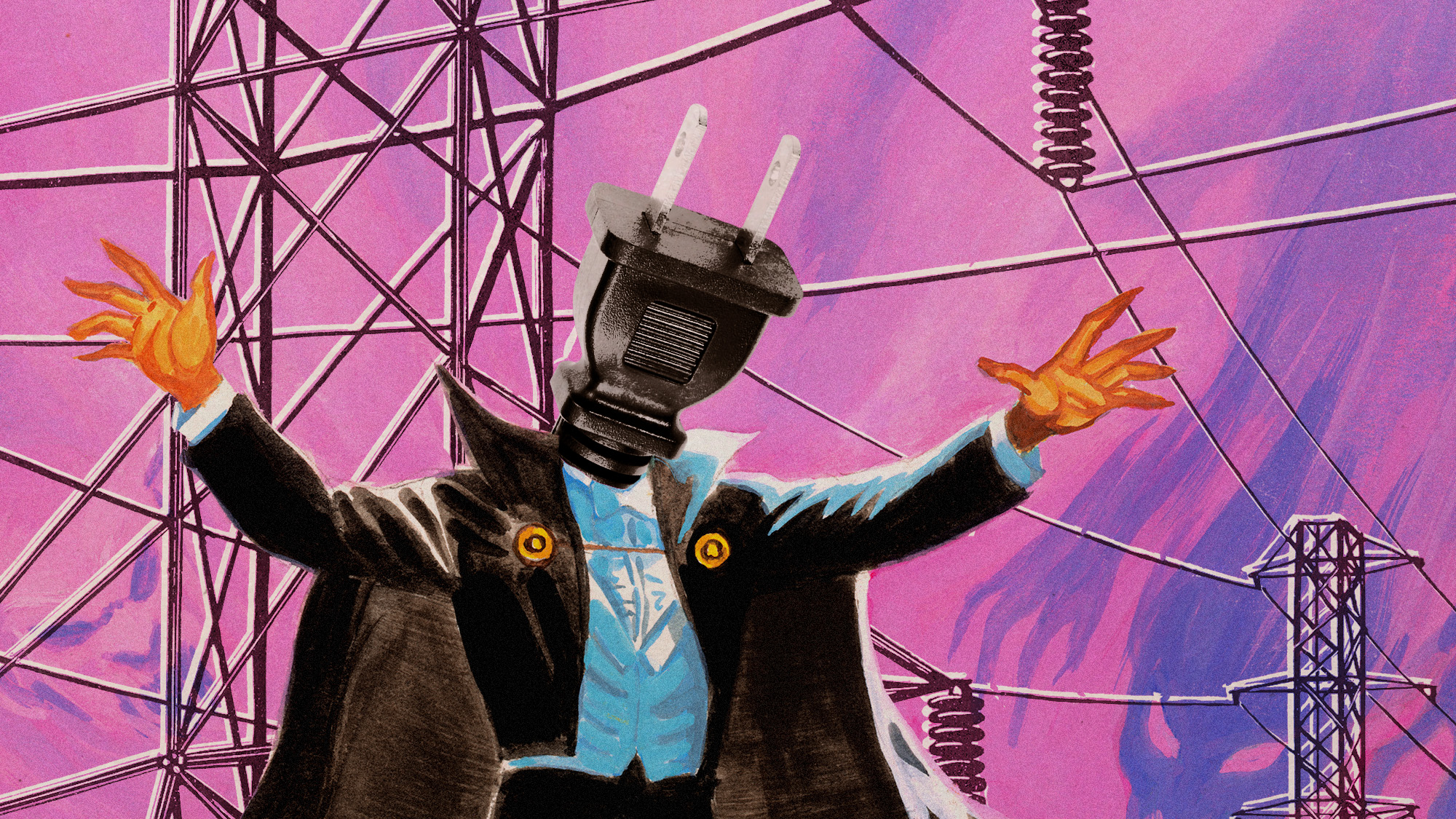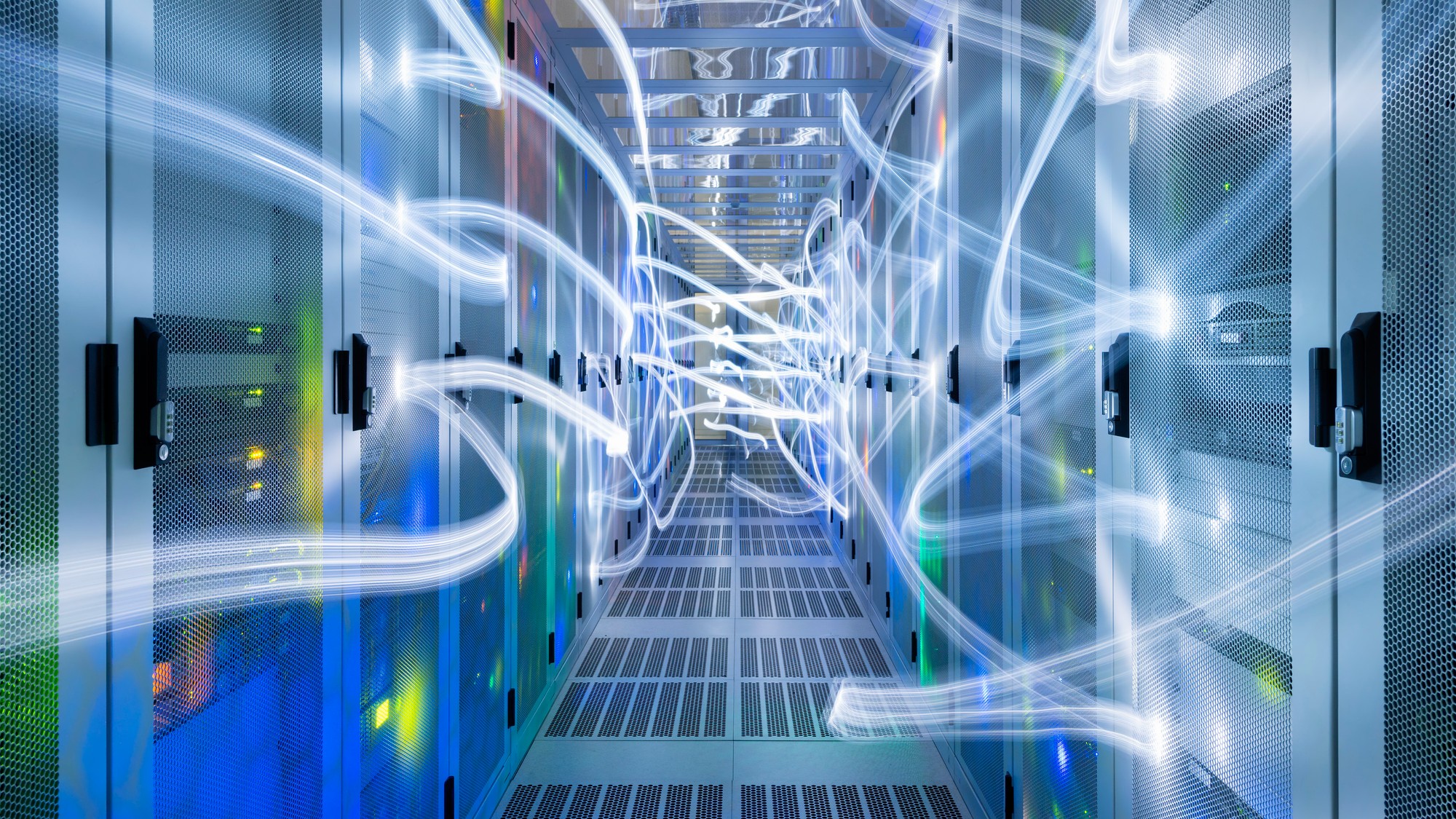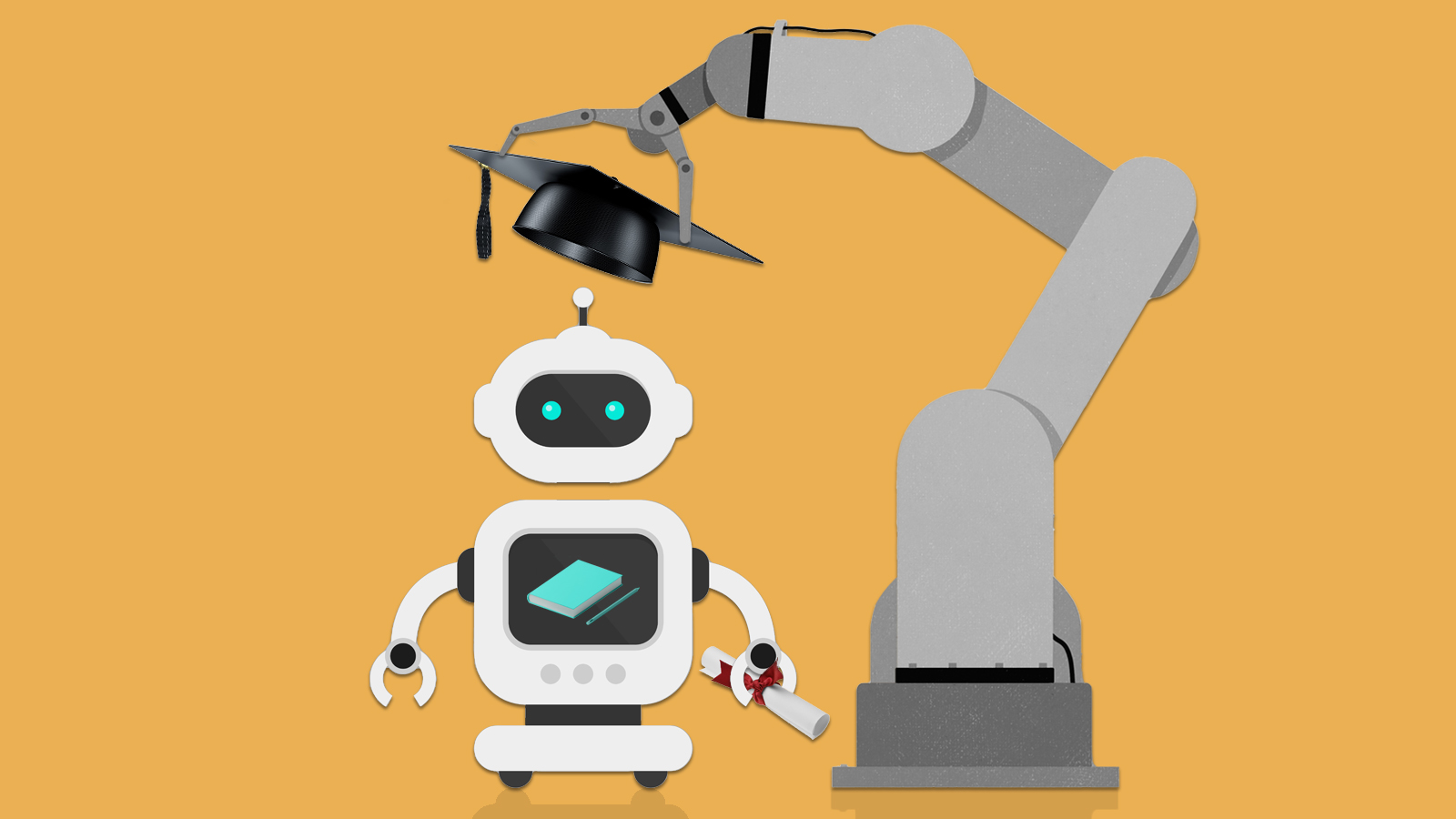The movement to make A/C energy efficient
Air conditioners have been bad for the planet, but we'll likely continue to need them.


A free daily email with the biggest news stories of the day – and the best features from TheWeek.com
You are now subscribed
Your newsletter sign-up was successful
As heat waves blaze across the world, the demand for air conditioners has soared. However, air conditioners are notoriously unsustainable and increase emissions, prompting climate change to worsen and heat waves to become more common, which CNN called the "Catch 22 of climate change." Increased heat levels are going to become a new normal as climate change worsens, and cooling mechanisms will become more and more necessary for survival. Can air conditioning be made sustainable?
What makes air conditioning unsustainable?
During the warmer seasons, A/C usage increases pressure on energy grids, essentially increasing the energy demand for a particular region, per The Guardian. When energy demands increase, emissions also increase as the majority of power globally still comes from fossil fuels. "It's like the bridge in Star Trek in there," Anthony Suozzo, a former senior system operator with energy company Con Edison, told The Guardian. "You've got all hands on deck, they're telling Scotty to fix things, the system is running at max capacity."
Along with energy pressures, almost all air conditioning units work because of refrigerants called hydrofluorocarbons (HFCs), which replaced the infamous chlorofluorocarbons (CFCs) following the 1987 Montreal Protocol because the chemicals were proven to destroy the Earth's ozone layer, reported The Washington Post. But HFCs are not all that much better, as they are still greenhouse gases that are "thousands of times more potent than carbon dioxide."
The Week
Escape your echo chamber. Get the facts behind the news, plus analysis from multiple perspectives.

Sign up for The Week's Free Newsletters
From our morning news briefing to a weekly Good News Newsletter, get the best of The Week delivered directly to your inbox.
From our morning news briefing to a weekly Good News Newsletter, get the best of The Week delivered directly to your inbox.
Most A/Cs work through vapor compression, which exposes a liquid refrigerant to the hot indoor air, causing it to evaporate and cool down the area. A compressor then condenses the refrigerant and the process repeats.
Can air conditioning be made to be sustainable?
Strides are being made to design air conditioners that don't exacerbate the climate crisis, and some are straying from the vapor compression system altogether. The two improvements that can be made to air conditioners are to make them more energy efficient and to not use HFCs, according to The Economist.
There is a push to move away from HFCs. Some systems already use different coolants like R-32, "which has less planet-warming potential than other hydrofluorocarbons and also takes less energy to compress, thus saving electricity," the Post wrote. There are also units that use "variable speed compressors," which change the vapor compression speed based on the temperature to be more efficient.
Other companies are opting to create A/Cs that don't use vapor compression at all. A/Cs are designed to both cool down a space as well as reduce humidity, but "traditional air conditioners become less efficient at high temperature and humidity levels, which are becoming more common," wrote The Wall Street Journal. Changing the way the systems remove humidity could be key to improving efficiency, the company Blue Frontier told the Journal. The company is looking to reduce humidity using a liquid salt solution developed with the National Renewable Energy Laboratory which "stores energy, reducing consumption at peak times, when electricity grids are strained on hot days."
A free daily email with the biggest news stories of the day – and the best features from TheWeek.com
Since air conditioners will be more heavily used around the world, the race is on to create an efficient one. "We're experiencing a similar moment in the air-conditioning space to what the car industry was facing six to 10 years ago," Daniel Betts, chief executive of Blue Frontier, told the Journal. However, getting proper funding for these innovations has been an issue. "We don't install more efficient technologies unless we really need to, or it's mandated by a government or another organization," said Eli Goldstein, the co-founder and CEO of the startup SkyCool, to Vox. "Ultimately, the key is going to be dollar investments from both private and public enterprises to deploy the technologies."
The industry is dominated by giants like Carrier and Trane, but "the climate problem is only going to get worse if we continue to add the same types of air conditioners to meet that demand," said Sorin Grama, CEO of Transaera, another company working to develop sustainable A/Cs, to the Journal.
What else can be done?
The best thing to do is to reduce the need for air conditioning in the first place. "We need to design our buildings in a way that consumes less energy. We need to insulate them better. We need to ventilate them better," Ankit Kalanki, a manager at the climate tech accelerator Third Derivative, explained to Vox. Cooler buildings will reduce the demand for A/C, but units will still be needed in places where they can be life-saving during heat waves.
Another option is to use heat pumps, which are electric appliances "that can both heat and cool a home." The systems also use vapor compression, but both ways, allowing for heat to be compressed inside during winter months. Since the system removes the need for furnace-based heating, which strains the environment more than air-conditioners, it is more eco-friendly. The problem is that they are expensive and difficult to install. "Heat pumps are a critical technology in reducing our energy consumption, enhancing grid reliability and the utilization of renewable power, reducing emissions, reducing our reliance on foreign sources of energy, and lowering utility bills for US families and businesses," Antonio Bouza, a technology manager at the Department of Energy, told Vox.
Investing in better A/C technology will still play a vital role in improving climate outcomes. "Providing indoor sanctuaries of air-conditioned comfort need not come at the expense of an overheating world," concluded The Economist.
Devika Rao has worked as a staff writer at The Week since 2022, covering science, the environment, climate and business. She previously worked as a policy associate for a nonprofit organization advocating for environmental action from a business perspective.
-
 The 8 best TV shows of the 1960s
The 8 best TV shows of the 1960sThe standout shows of this decade take viewers from outer space to the Wild West
-
 Microdramas are booming
Microdramas are boomingUnder the radar Scroll to watch a whole movie
-
 The Olympic timekeepers keeping the Games on track
The Olympic timekeepers keeping the Games on trackUnder the Radar Swiss watchmaking giant Omega has been at the finish line of every Olympic Games for nearly 100 years
-
 Most data centers are being built in the wrong climate
Most data centers are being built in the wrong climateThe explainer Data centers require substantial water and energy. But certain locations are more strained than others, mainly due to rising temperatures.
-
 'Vampire energy' could be causing your electric bill to rise
'Vampire energy' could be causing your electric bill to riseUnder the Radar Wasted energy could account for up to 10% of home use
-
 What's dark data and why is it bad for the environment?
What's dark data and why is it bad for the environment?The explainer Data is being used and discarded, but still clogging servers
-
 The complex environmental toll of artificial intelligence
The complex environmental toll of artificial intelligenceThe explainer AI is very much mostly not green technology
-
 How AI is helping companies find valuable mineral deposits
How AI is helping companies find valuable mineral depositsUnder the Radar New technologies can trace copper, lithium and nickel with 'less environmental degradation' and cut West's reliance on China
-
 AI's boost for students and teachers in higher education
AI's boost for students and teachers in higher educationSpeed Read
-
 Artificial intelligence goes to school
Artificial intelligence goes to schoolSpeed Read AI is transforming education from grade school to grad school and making take-home essays obsolete
-
 Could AI be harmful to people's health?
Could AI be harmful to people's health?The Explainer Artifical intelligence's use in online content and health care tech raises concerns
